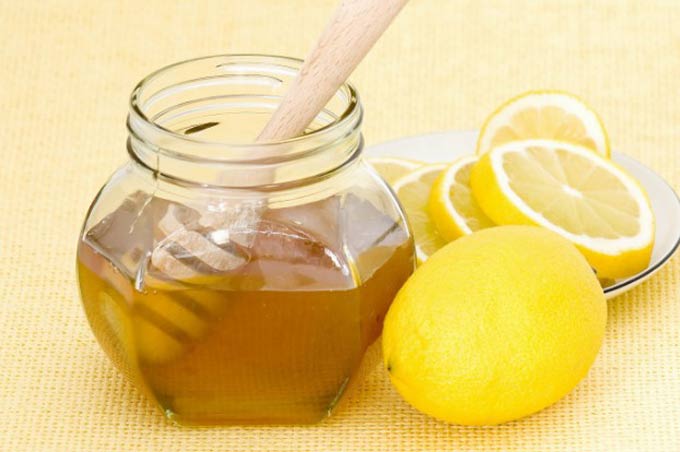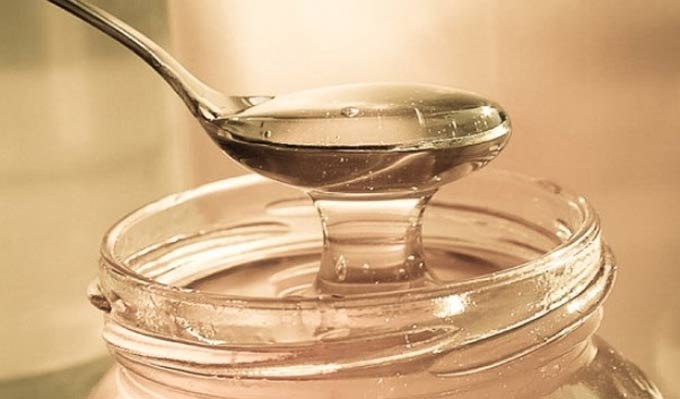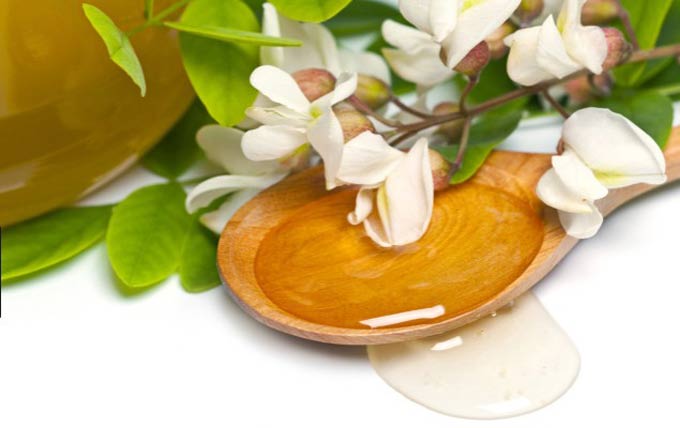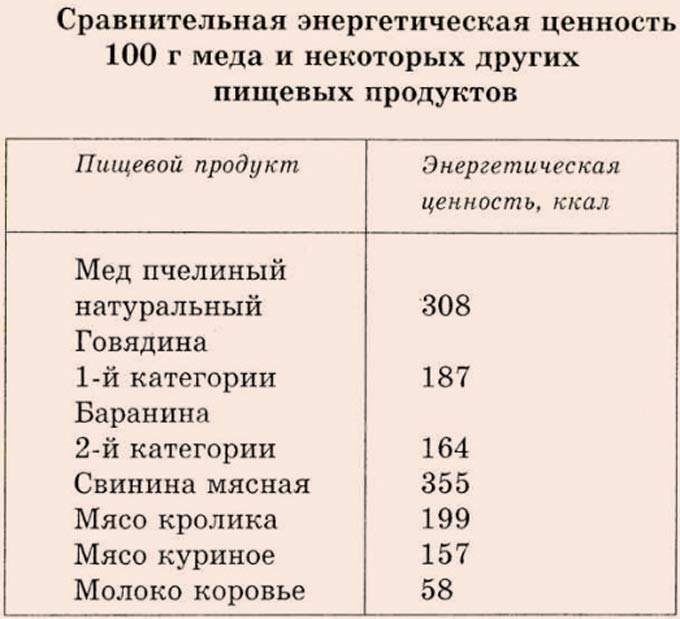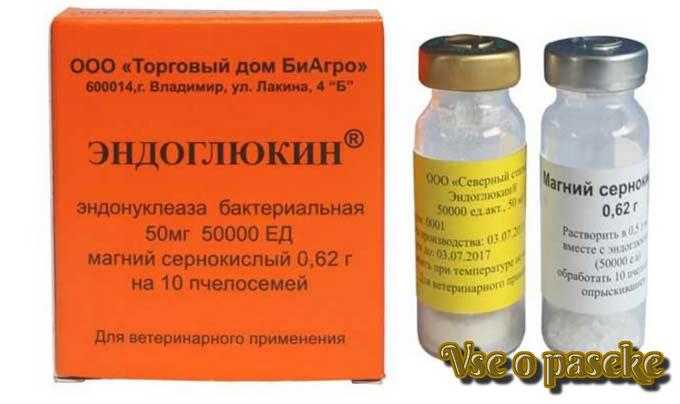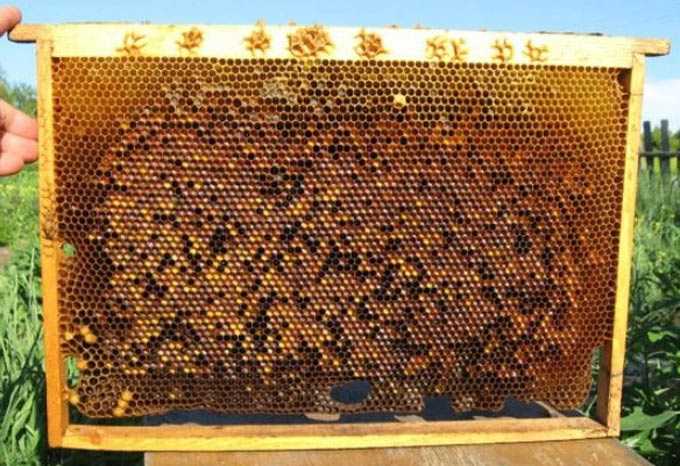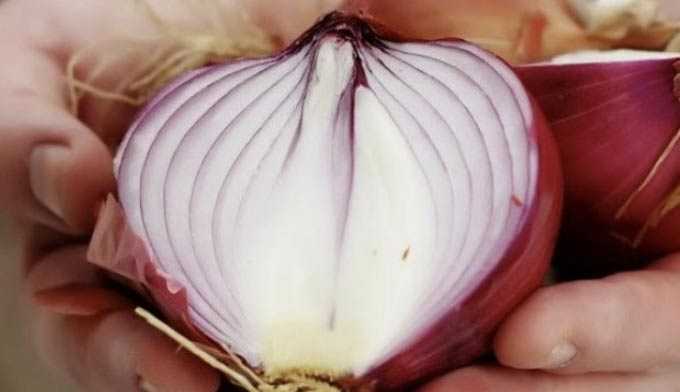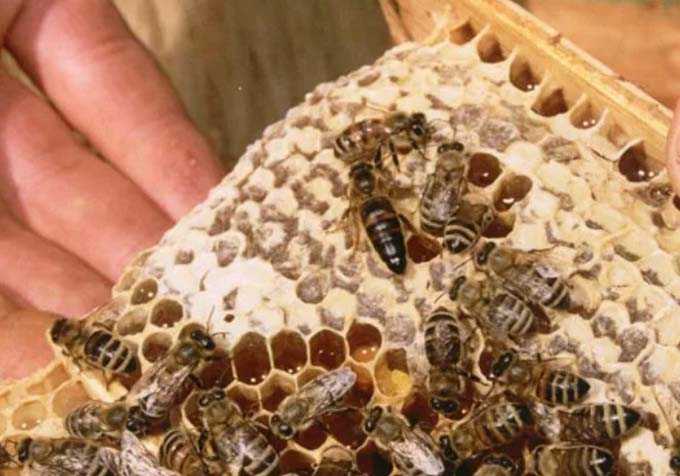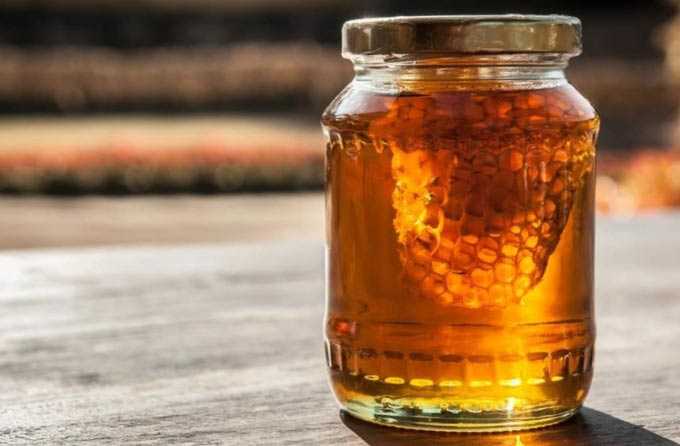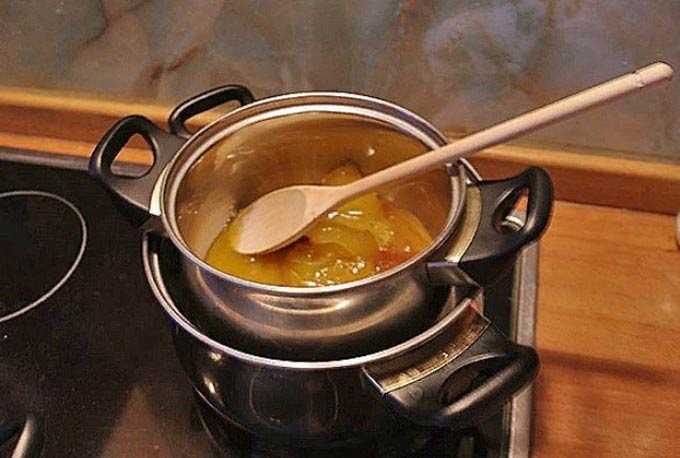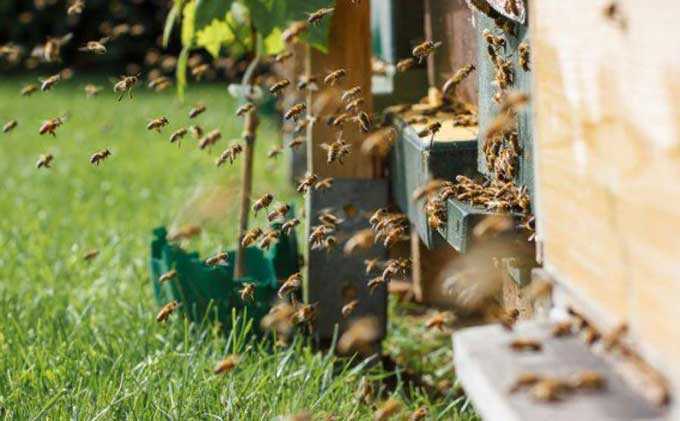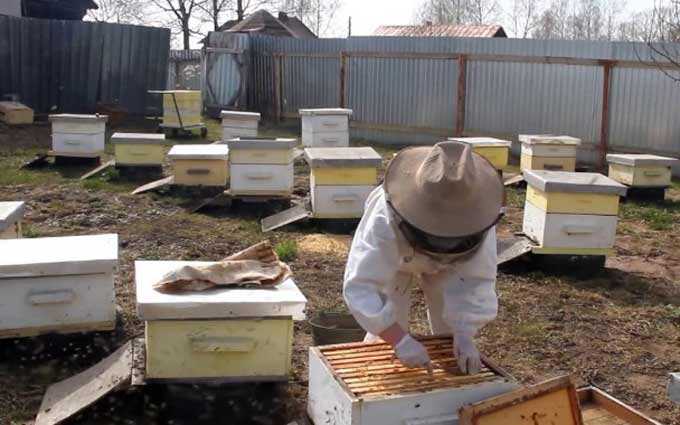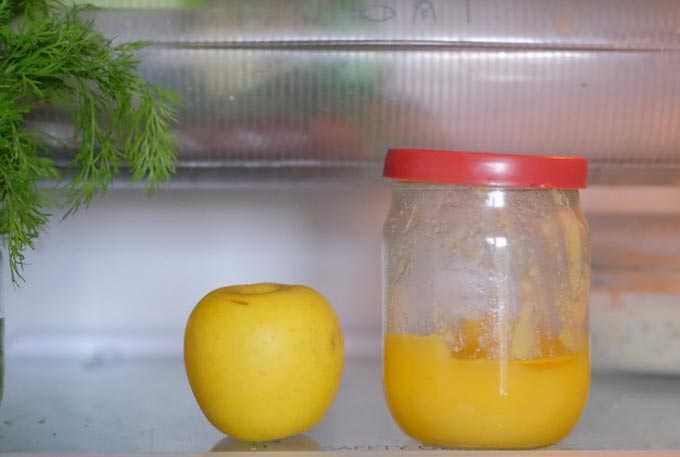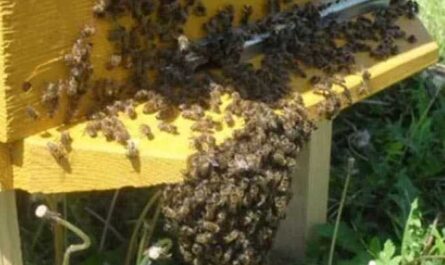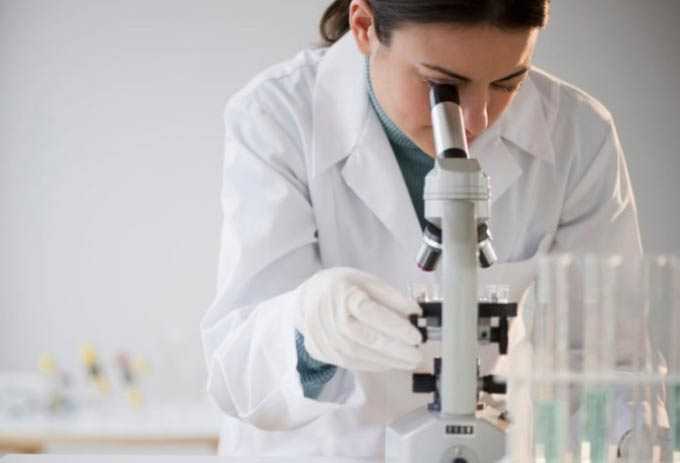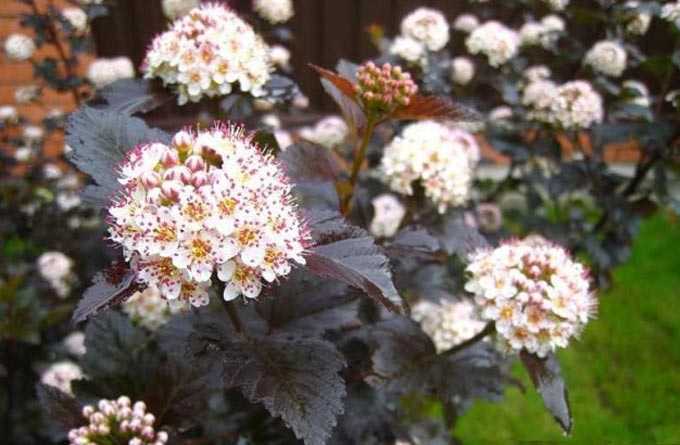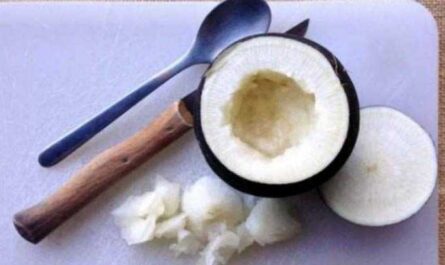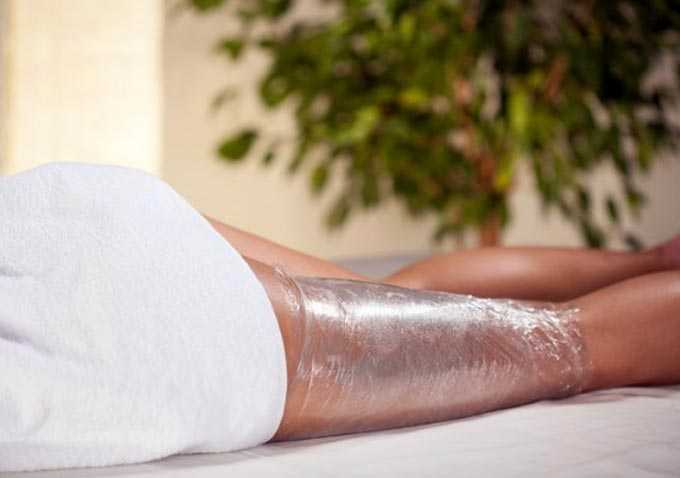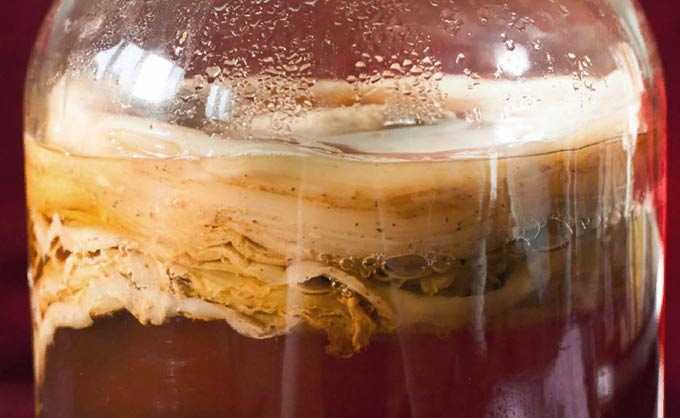It’s no secret that any product, if consumed excessively, can harm the body. Overeating does not in the best way affect the digestive, endocrine system and a person’s appearance.
Moderation is the key to health. Therefore, when asked whether it is possible to eat honey every day, the logical answer is yes. After all, a sweet delicacy is a rich source of minerals, vitamins, biologically active substances. If you eat it in small portions, it will only benefit. However, not everything is so simple with this beekeeping product.
The content of the article
- 1 What nutritionists say
- 2 What do the doctor’s say
- 3 What apitherapists say
- 3.1 About dosages
- 4 What can be combined with
- 5 Once again about the quantity and expected benefits
What nutritionists say
There is no consensus among nutritionists about the use of honey. Some advise to exclude it from the diet completely as a sweetness and carbohydrate product. Others recommend limiting use and associating it exclusively with medicinal purposes – the prevention of viral infections, the fight against diseases of the digestive and cardiovascular systems, and the elimination of toxins. That is, use occasionally in short courses.
Whether it is possible to eat honey while on a diet is decided on an individual basis. If the diet is carbohydrate-free, the honey product is unlikely to work even as a sugar substitute. In other cases, you will have to strictly monitor the total daily calorie content and calorie content of the delicacy itself.
Read: Diet and honey – can you combine
In particular nutritionists against the consumption of bee products in case of hormonal disorders… Simple sugars in natural honey are absorbed into the bloodstream almost instantly. Which leads to an increase in glucose and insulin levels. The pancreas is subjected to additional stress, wears out faster, carbohydrate metabolism is disturbed, especially with regular use.
What do the doctor’s say
Official medicine does not oppose honey. But at the same time doctors recommend not to exceed daily doses and not to abuse bee nectar.
There are diseases and pathological conditions of the body, in which it is better to exclude the honey product or limit the dosage in the menu. It:
- postoperative period after resection of gastric and duodenal ulcers, removal of gallstones, resection of the gallbladder;
- dermatoses caused by the retention of carbohydrates in the skin;
- acute articular rheumatism;
- chronic pancreatitis;
- obesity and diabetes mellitus;
- acute inflammatory diseases of the digestive system;
- allergy to bee products (including use with caution in case of intolerance to chocolate, citrus fruits, strawberries and other food allergies).
Also, pediatricians do not recommend introducing honey into the children’s menu for up to a year.… And some doctors prohibit the use of up to 3-5 years. This is due to the high risk of an allergic reaction in an immature organism with an immature digestive system. The potential harm to the product outweighs the potential benefit to the child.
Read: Honey in baby food
If you have any doubts in this matter, it is better to contact the attending physician observing a child or adult with chronic diseases..
What apitherapists say
Apitherapists are the most democratic about natural honey, as they consider it a remedy along with pharmaceutical medicines. But even they advise not to overeat and observe exactly the dosages indicated in this or that folk recipe.
The daily therapeutic dose of a honey product is one to two grams per kilogram of a sick person’s weight.
For children from six months, honey is recommended exclusively for medicinal purposes. Single dose at the tip of a teaspoon. More than half a teaspoon should not be given per day.
Under the age of one year, there is a hypothetical risk of contracting botulism! The digestive system of babies is not able to cope with the pathogen, unlike an adult.
About dosages
Children over one year old can receive a teaspoon of the medicinal product per day. From three to five years, the dose is increased to 1,5-2 teaspoons. Gradually, by the age of 14, it is brought to 30-50 grams per day. Adults eat 80 to 120 grams per day.
All indicated dosages relate to the treatment of any disease..
As a preventive measure, it is recommended to drink honey water (200-100 milliliters of boiled water, a tablespoon or dessert spoon of honey product). Or dissolve a spoonful of honey product twice a day – on an empty stomach in the morning and evening before or after dinner. On average, it is 30-60 grams per day.
To read:
Eating on an empty stomach in the morning
Drinking at night
What can be combined with
Whether honey can be eaten with other foods depends on what it is mixed with.
Combined with other bee products – royal jelly, propolis, pollen (pollen) – the therapeutic effect on the human body is enhanced.
But the use together with sprouted wheat, bran, dried or dried fruits, berries, nuts will not bring any therapeutic effect.
The fact is that the listed products, undoubtedly related to a healthy diet, are absorbed longer than a natural honey product. An additional load is created on the digestive system and the therapeutic effect of the use of honey is neutralized.
Honey is valued in apitherapy precisely as an easily digestible product that is rapidly absorbed into the bloodstream.… You should not mix it with “heavy” nuts, bran, berries, fruits.
At the same time, the honey product goes well with dairy products – warm milk, kefir, cottage cheese. Such dishes serve as an additional source of animal protein, calcium in case of physical exhaustion.
Read: How to take milk with honey
Once again about the quantity and expected benefits
So, the question of whether it is possible to eat a lot of honey disappears by itself. Obviously, all experts are unanimous on one thing – you can’t overeat. Moreover, this is not worth doing when it comes to honey – a high-calorie carbohydrate product.
The calorie content of one hundred grams of a bee product averages from 300 to 350 kilocalories (the more glucose, the more high-calorie variety). A tablespoon holds 25-30 grams of sweetness.
Read: Natural bee honey – its benefits and possible harm
The benefits and harms to the body just depend on the exact adherence to the single and daily dosage. Overdose is a load on the pancreas, obesity, the risk of an allergic reaction.
Correct use in the absence of contraindications leads to:
- to the normalization of the functions of the cardiovascular system;
- cleansing blood vessels from harmful cholesterol;
- ensuring proper digestion without constipation;
- removal of toxins from the intestines;
- good sleep and calming the nervous system;
- accelerate metabolism;
- strengthening immunity and preventing seasonal viral infections;
- restoration of strength due to the renewal of energy reserves.
The only serious contraindications include acquired or congenital intolerance, when you have to say goodbye to a medical product forever. Even with diabetes mellitus, it can be consumed in small amounts if the doctor permits.

